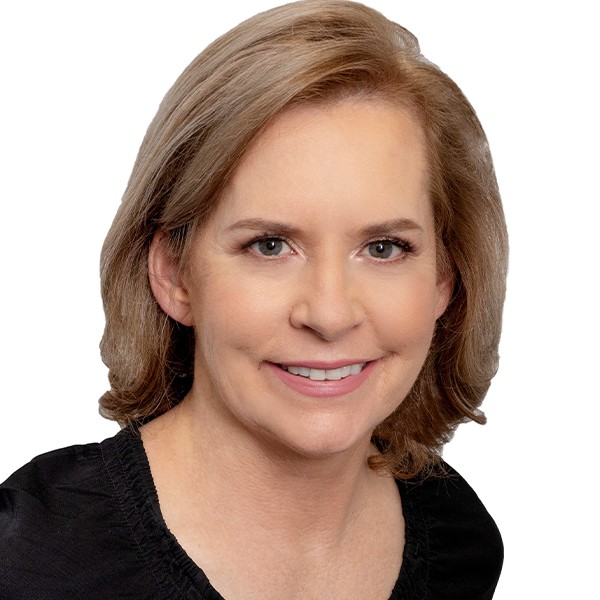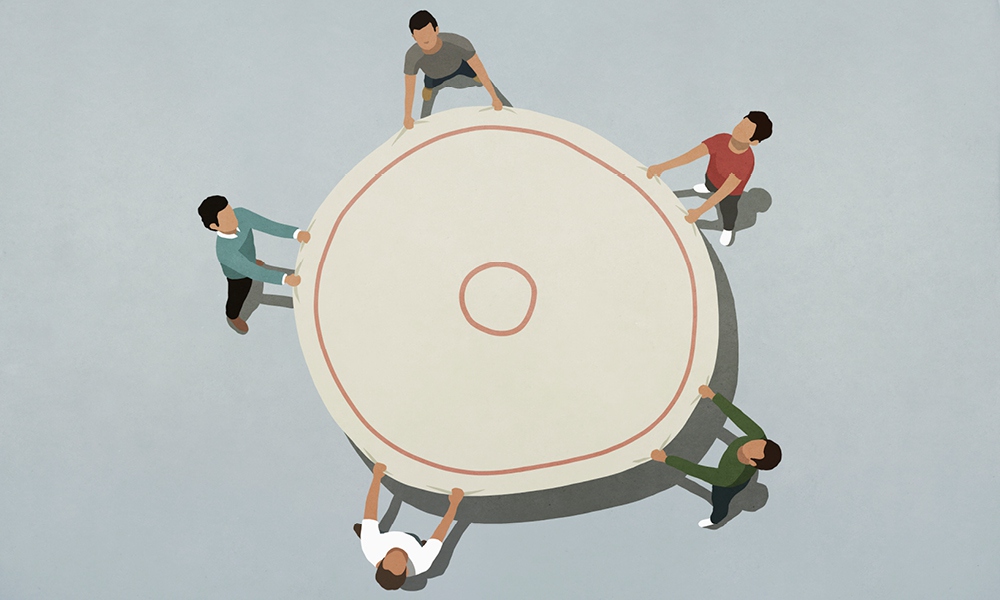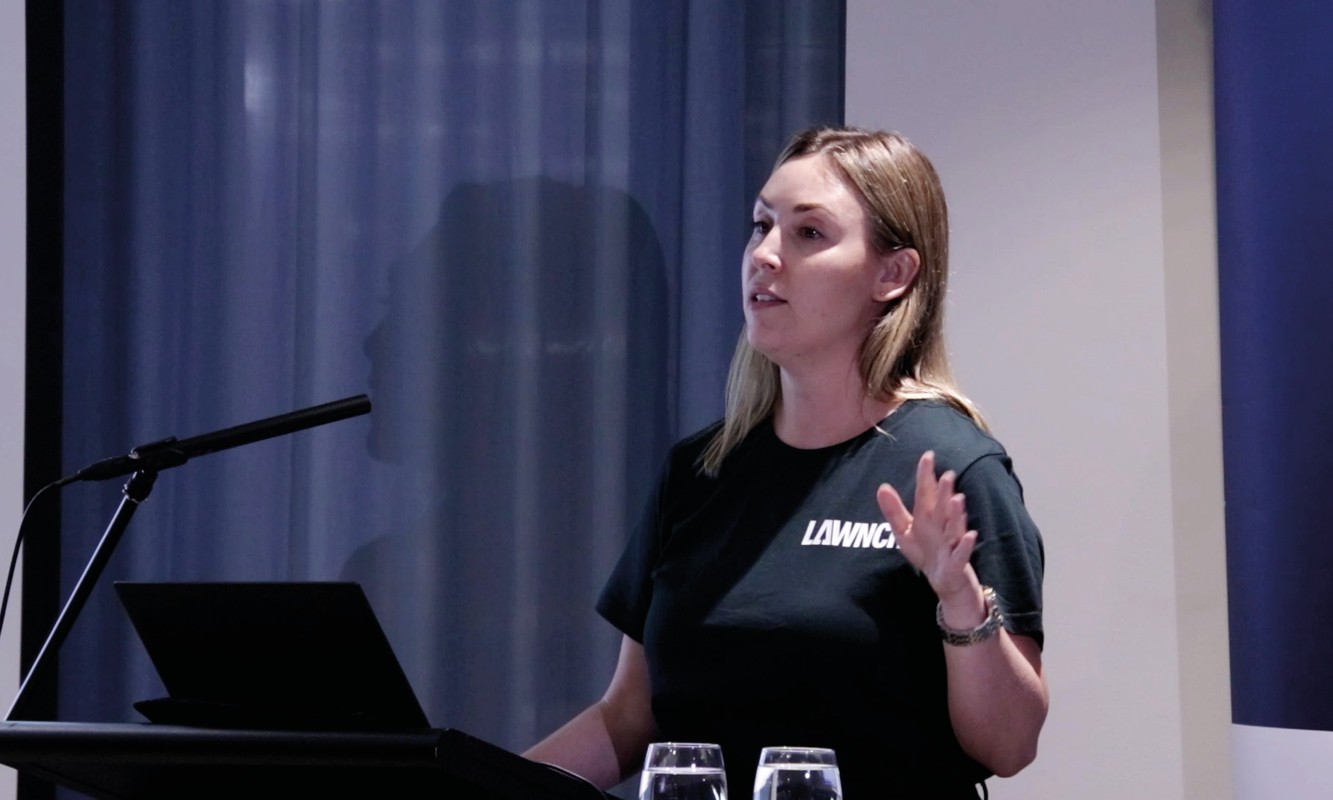There’s nothing new about mindfulness programs in law firms.
In December 2010, the Law Institute of Victoria (LIV) reported on a mindfulness training course developed by the LIV to address mental health issues in the legal profession (LIV December 2020 84(12), LIJ p16).
Designed as a preventative health measure, the six week program was put together following the Resilience@Law launch which was aimed at raising awareness and understanding of the nature and impact of stress, anxiety and depression in the legal profession.
It was a joint initiative of the law firms of Allens Arthur Robinson, Blake Dawson, Clayton Utz, Freehills, Mallesons Stephen Jaques and the College of Law.
Freehills has run an in-house six-week mindfulness program and collected participant feedback. These self-reported results indicated a 35% decrease in stress, a 12% increase in employee focus; a 10% increase in employee performance; a 10% increase in employee efficiency; a 17% increase in employee work/life balance; an 11% increase in employee communication skills; a 14% decrease in employee multitasking.
Lots of people tell me they “can’t meditate” or “can’t sit still” or “their mind is too busy”. I totally understand where they are coming from as I too find it hard to sit for 10 minutes and focus on the breath.
This is why the integrated practices and micro practices mentioned earlier can be so valuable. And why I highly recommend those new to mindfulness to try working with spoken word practices. There is so much available to you via your smartphone with a range of free and paid apps.
I suggest trying a range of them until you find the one(s) that suit you best, for example, male or female voice, which accent, background noise/music or not. Here’s just a few to get you started: Simply Being, The Mindfulness App, Insight Timer, Calm, Headspace, Smiling Mind. Make sure to switch you phone to DND or flight mode when using the app.
I also like accessing longer spoken exercises via YouTube and suggest the following: Jason Stephenson, Michael Sealey, Lauren Ostrowski and The Hones Guys. But the list is endless. What you might find particularly of use with this group is the offerings around mindful sleep exercises – a lovely way to calm the active mind and get ready for a good night’s sleep, or to fall back to sleep after the dreaded 3am wake-up.
Mindfulness can help change the way you think, react and make decisions. Again, this goes back to neuroscience and the idea that our brains are not fixed or reach a peak size/condition in early adulthood and it’s all downhill from there.
On the contrary, a steady stream of research over the last few decades has shown that our brains are malleable and that what we pay attention to changes the structure and function of our brain, that is, to grow parts of our brain and improve connection between parts. It would take too long to go into this in detail but the evidence is clear and mindfulness has been proven via this research to have an actual effect on the brain.
What can I do as an individual?
- Make time in your day for integrated or dedicated mindfulness practices.
- Find a tech solution that works for you.
- Find practical exercises if you don’t want to sit still: Mindful walking/coffee/eating.
- Find a tribe.
- Practise.
What can a legal practice do?
- Invest in your staff by bringing in some training to the office or allowing staff to take up external training options.
- Pay for staff cost of apps or subscriptions.
- Dedicate a room/space within the office for mindfulness or other time-out.
- Model behaviour from a senior level with principals taking up the offerings.
- Take a ‘minute to arrive’ at the start of an internal meeting (maybe not with clients).
- And here’s a thought… allow people to record mindfulness time!
MINDFULNESS: the superpower you can practise in six-minute units!
This content first appeared in Brief, the journal of the Law Society of Western Australia. It is reproduced with permission.
See Cathryn’s earlier articles:
Mindfulness: An essential tool for the modern lawyer
More on mindfulness: Micro practices
More on mindfulness: The impact of mindfulness practice
Cathryn Urquhart is a West Australian lawyer who works as a Professional Skills Trainer and Practice/Risk Management Consultant. She is also a Certified Teacher at the Search Inside Yourself Leadership Institute.












Share this article